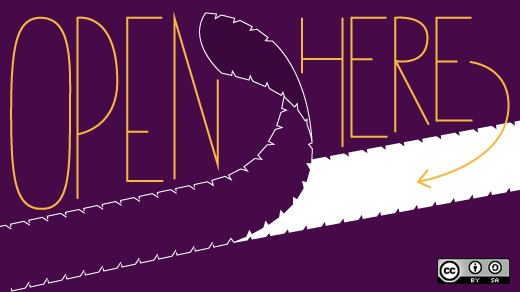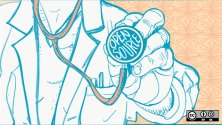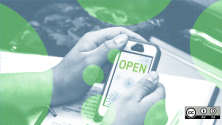Every January I struggle to get a childcare reservation in the gym. By early February it becomes easier and by March 1 its no problem. Anecdotally, I know New Year's resolutions for fitness plans are short- lived. But research too suggests that most wellness plans, such as dieting and fitness, last about a month.
Health behaviorists spend their careers researching ways to keep people better engaged in their health because being your own advocate is the best way to stay healthy. Technology and data may therefore soon become the health behaviorists' best friends.
Digital technologies like games, mobile applications, and social networking are bringing more health data transparency and sharing to the health arena, and that appears to be motivating more people to stick to their goals.
The growing “Quantified Self” movement, where adopters are tracking every aspect of their lives, has spilled into health with great interest. Early adopters have begun to track and record, for example, how many calories they consume each day, how often they work out and their heart rate, even how many REM hours of sleep they get each night.
And now, even venture capitalists are betting big on this intersection of self-tracking, social networking, and gaming because it’s becoming clear that these have important roles to play within our health.
So several start-ups are working feverishly to figure out how to keep users engaged by capturing and displaying data in a way people will respond to.
Started by a group of sleep-deprived students at Brown University, Zeo’s Personal Sleep Coach helps users track, analyze, and improve their sleep using a wireless headband, online tools, and personalized coaching to help pull them out of sleep at peak times. Users can also track and share last night's sleep scores.
Incidentally, Zeo developed an Open API so anyone can use their metrics, tools, and database to build hardware add-ons or write apps for the device. The API also frees all of your own Zeo sleep data because Zeo believes users should be able to use their data however they’d like.
Another company, MeYou Health activates social networks and employs game mechanics to promote long-term engagement and behavior change online. MeYou Health offers compelling web and mobile experiences that encourage people to become mindful of small actions they can take every day, transforming social networks into support systems.
And for those smokers who want to quit, researchers at Columbia University are testing Lit to Quit, a game for iPhones where smokers puff into a microphone rather than on a cigarette. The gameplay, designed to be an alternative to smoking, causes the same physiological reactions in the body as a cigarette break. There are even “rush” and “relax” modes.
In May, Boston hosted the 7th Annual Games for Health conference, where a special mix of game developers, medical professionals, and health researchers came together to discover, brainstorm, and debate how video games and video game technologies can work to improve health and healthcare.
And in October, the Games For Health Foundation is organizing its first European convention, Games for Health Europe 2011, in the Muziekgebouw in Amsterdam.
It remains to be seen whether gaming will have a real impact on health. We’re only at the beginning, but if it works, the applications for health appear limitless.

Opensource.com
What to read next





1 Comment